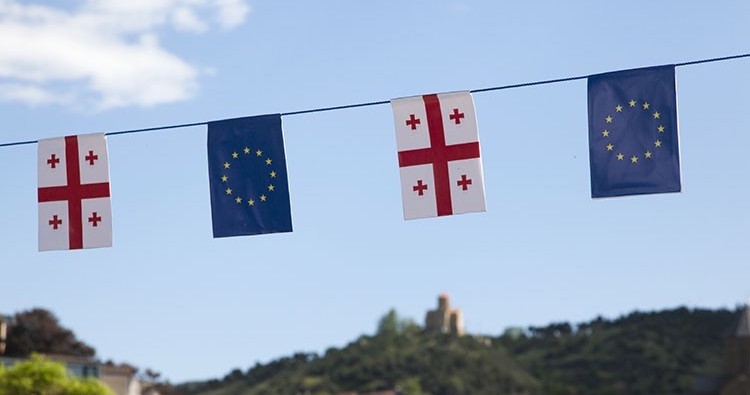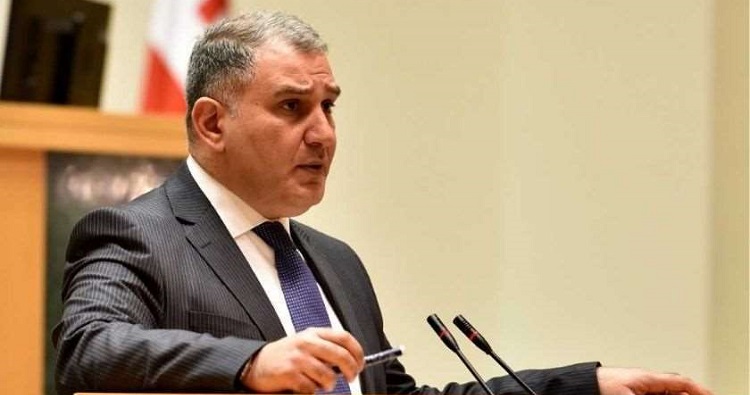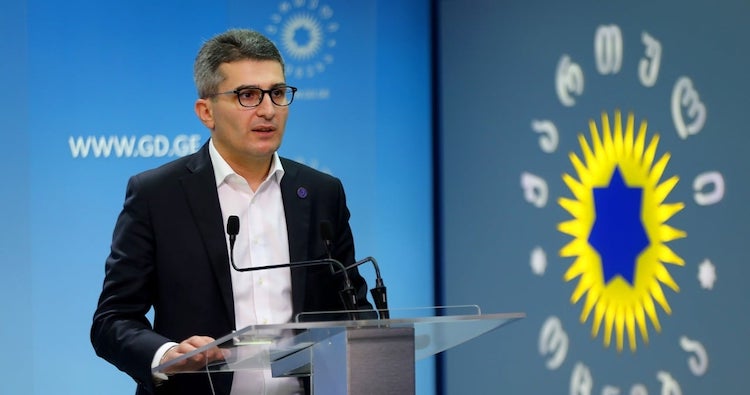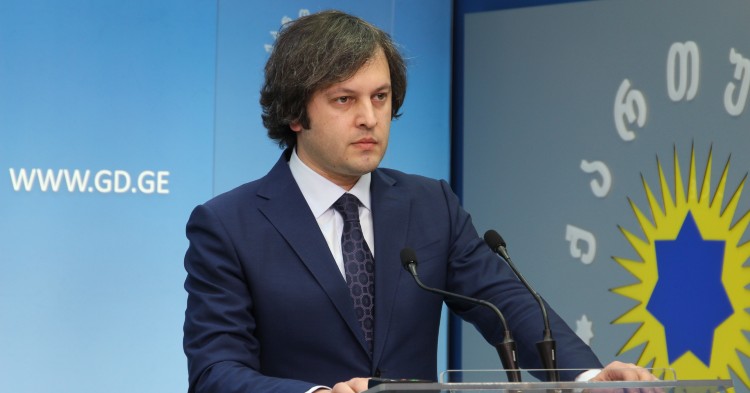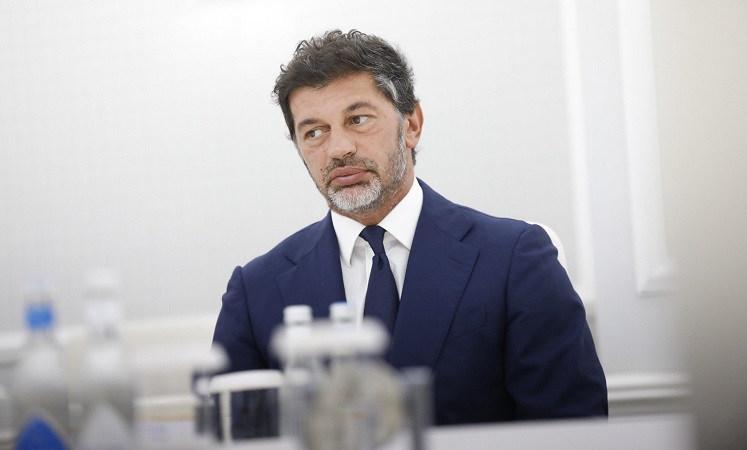Parliament committee chair: consultations with European bodies will ensure no ambiguities on deoligarchisation bill
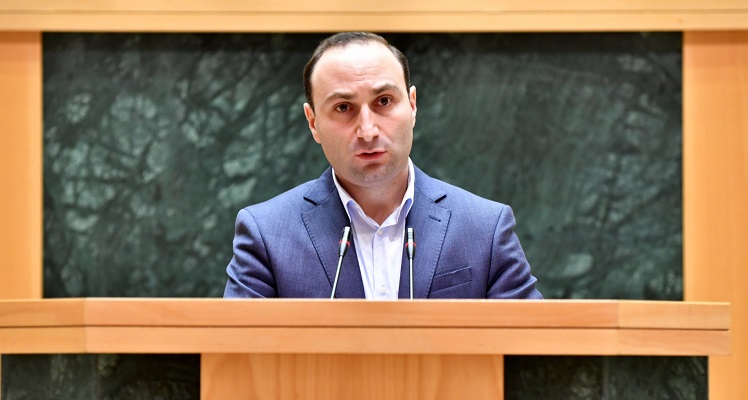
Okhanashvili noted Georgian authorities had used the Ukrainian model of the law, with the latter having been “positively assessed” by the “highest ranking officials” of the EU. Photo: Parliament of Georgia
Anri Okhanashvili, the chair of the Georgian parliament's legal affairs committee, on Thursday said the ruling team was holding consultations with European bodies to make sure there were “no ambiguities” around the domestic deoligarchisation bill.
The European Union representation in Georgia on Monday called on the country’s parliament to request recommendations from the Venice Commission of the Council of Europe and consider its feedback over the bill which is being considered for approval.
Proposed by the ruling Georgian Dream party as part of work for fulfilling conditions for obtaining the EU membership candidate status, the bill has already been adopted with its first and second readings, with only the final reading ahead.
In order for there to be no ambiguities and to make this issue clearer, we are holding consultations with the European bodies, since it is known to us that the Venice Commission is working on a conclusion on this bill, although we are clarifying these issues”, the parliament official said.
Okhanashvili noted Georgian authorities had used the Ukrainian model of the law, with the latter having been “positively assessed” by the “highest ranking officials” of the EU.
In its comments on the bill, a section of opposition has said it “must include” Bidzina Ivanishvili, the founder of the ruling party and former prime minister, as a “shadow ruler” of the country, while authors of the bill have pointed to criteria for defining oligarchs as outlined in the document and said mentioning specific names in the bill would be “very undemocratic”.
While in Georgia last week, Oliver Varhelyi, the EU commissioner for neighbourhood and enlargement, said that legal amendments requested by the bloc “do not apply to specific individuals”.
 Tweet
Tweet  Share
Share

